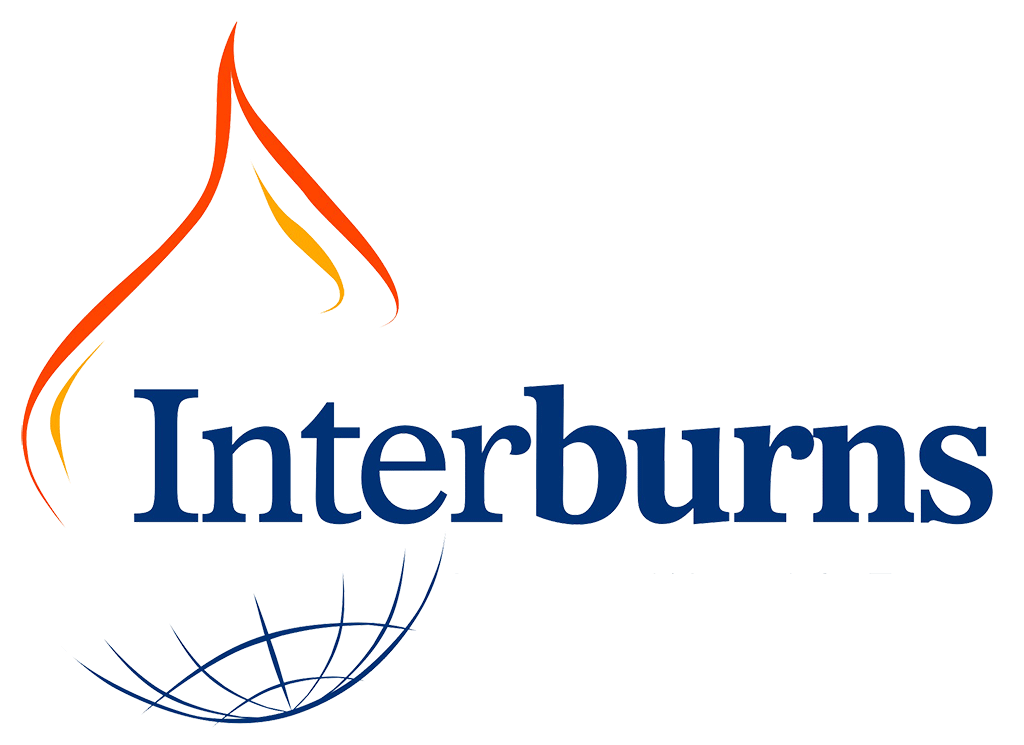Supporting the response to burns disaster in Sierra Leone
‘I must confess that it's our 1st time being confronted with this nature of massive challenge and therefore we rely on partners who may be more disposed to boost us. Thanks for all your efforts’.
On the evening of 5th November 2021 an oil tanker collided with a lorry at a busy junction in downtown Freetown, Sierra Leone. Crowds who had gathered to scoop up oil as it spilled onto the road, were tragically caught up in a massive explosion that ripped through traffic and surrounding buildings. More than 300 people were affected, at least 149 of whom died on their way to, or in, hospital; scores were left critically injured. Many of those who survived will suffer life-changing injuries for months and years to come.
The WHO Emergency Medical Team (EMT) response and the EU disaster mechanism were initiated as other medical teams arrived to assist. Emergency response teams do not include burn rehabilitation specialists or physiotherapists who are a crucial part of the burn multi disciplinary team (MDT) from the point of burn onwards. Burn rehabilitation specialists facilitate speedy recovery and can prevent long term disability and burn contractures from forming.
Coordinating with the King’s Sierra Leone Partnership (KSLP) who have long standing links with the local health system through the Connaught Hospital, and partners at the Choithram Memorial Hospital (CMH), Interburns facilitated the arrival within 2 weeks, of two highly experienced burns rehabilitation specialists from Korle-Bu Teaching Hospital, Ghana.
Alberta Rockson and Mercy Agtuahene are accustomed to working with limited resources and also know the clinical staff who received training in burn care in Ghana, supported by Resurge (Africa). In the days following the disaster, Mercy and Alberta were also on hand to deliver virtual training to 3rd year BSc Physiotherapy students from the Tonkili District College of Health Sciences, Masanga, Northern Sierra Leone, to help with initial assessment of survivors.
Many parts of Africa, and low resource settings more widely, are vulnerable to this kind of disaster; much more funding needs to go into long term system strengthening. Examples of mass casualty incidents with multiple burn-injured patients have demonstrated the extensive demands placed on health care workers and local health facilities and the resultant high morbidity and mortality rates. However, by implementing simple yet effective, standardised approaches, patient outcomes can be improved and local health system capability for burn care strengthened.
In 2019 Interburns prepared a report ‘The Development of a National System for Burn Care, Prevention and Training in Sierra Leone’ commissioned by Resurge (Africa) funded by the Jersey Overseas Aid Committee. We are also working with the Nigeria Burn Injury Society (NBIS) following a stakeholder meeting in Abuja in March 2020 and a report, ‘Changing the Way Burns are Managed in Nigeria’.
We are immensely grateful to Interburn’s Rehabilitation Lead, Alberta Rockson, and Mercy Agtuahene for giving so much of their knowledge, experience and warmth at this crucial time. We know they will have helped to ease the desperate situation on the ground for many, as well as lay the basis for future support.
We also thank the Choithram Memorial Hospital (CMH) for funding the mission so rapidly and wholeheartedly, and the King’s Sierra Leone Partnership (KSLP) for their support and excellent coordination on the ground.
